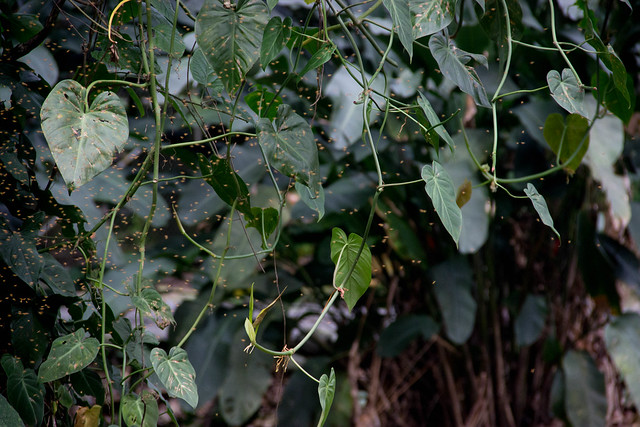Addressing Top Diseases in Costa Rica
 One of the many struggles that accompany poverty in developing countries is the risk of disease. A greater understanding of the types of threats that face individual countries enables nonprofit and governmental organizations to better cater to their aid towards the needs of a community.
One of the many struggles that accompany poverty in developing countries is the risk of disease. A greater understanding of the types of threats that face individual countries enables nonprofit and governmental organizations to better cater to their aid towards the needs of a community.
Costa Rica is best known for its beautiful beaches and mountains, which make it a tourist hot spot for much of the year. However, poverty impacts 21.7% of the population and this poverty brings a heightened risk of disease.
As a tropical country, tourists and locals alike are at risk of contracting illnesses related to insect and mosquito bites. Diseases in Costa Rica like dengue fever and chikungunya are especially of note considering their prevalence. Both are transmitted through mosquito bites and have similar symptoms including fever, headaches and joint pain.
Dengue fever, which is now present in 73 of Costa Rica’s 81 cantons, is usually an unpleasant but not fatal illness so long as it does not develop into severe dengue, which has more severe effects. Chikungunya is also typically not fatal, although the symptoms can be debilitating.
The Zika virus has recently been the subject of much study and media attention. Zika is another disease in Costa Rica that threatens the population. Like chikungunya and dengue, it is spread through mosquito bites. A June 15 report confirmed 107 cases of Zika in the country.
Costa Rica’s year is divided into two seasons, the rainy and the dry, and during the rainy season, mosquito populations increase due to the increase in still water. Costa Rica is taking the risk of disease seriously and has begun several important steps in the prevention of these illnesses.
Their efforts include fumigation campaigns across the country as well as attempts to rid communities of objects that collect still water and create additional breeding grounds for disease-carrying mosquitos. Another disease-fighting strategy rests in Spinosad, a product of bacterial fermentation.
This chemical is non-toxic to humans and yet has a deadly effect on insect larvae making it a perfect solution to the problem of mosquito breeding grounds. The Spinosad pills can be used in swimming pools, ponds and fountains.
While mosquitos are a significant cause of diseases in Costa Rica, there are many ways to prevent these types of illness. Costa Rica shows impressive self-sufficiency in their fight to end Zika, dengue and chikungunya.
– Jordan Little
Photo: Flickr
